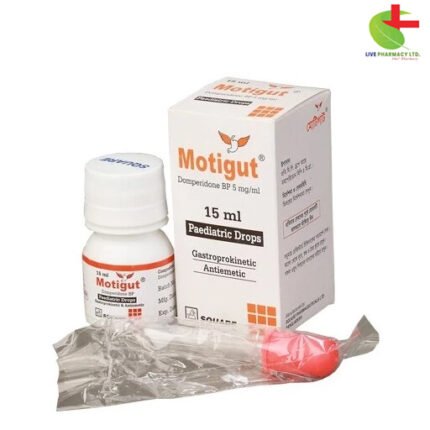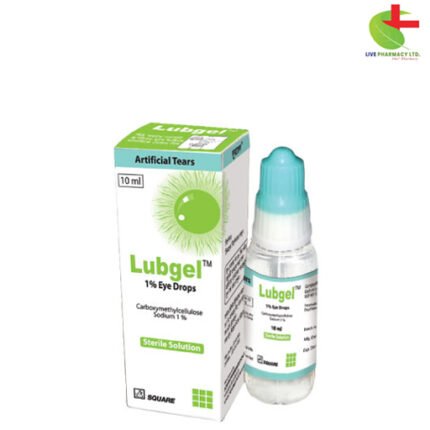Ace 30ml
30.00৳ Bottle
- Ace from Live Pharmacy is a versatile medication trusted for fever, cold, and pain relief.
- Its active ingredient, Paracetamol, offers effective relief with minimal side effects.
- Whether it’s a headache, toothache, or inflammatory pain, Ace provides fast-acting relief.
- With clear dosage instructions for adults and children, Ace is a reliable option for the whole family’s healthcare needs.
 Brand
Brand
|
Square Pharmaceuticals PLC |
|---|---|
 Generics
Generics
|
Paracetamol |
Indications
Ace is indicated for a range of conditions including fever, common cold, influenza, and various types of pain such as headache, toothache, bodyache, and neuralgia. It’s also effective for inflammatory pain, post-operative pain, postpartum pain, and post-vaccination pain in children, as well as rheumatic and osteoarthritic pain and stiffness of joints.
Pharmacology
Paracetamol, the active ingredient in Ace, exhibits analgesic and antipyretic properties with minimal anti-inflammatory activity. By primarily acting in the central nervous system (CNS), it raises the pain threshold by inhibiting cyclooxygenase (COX) enzymes involved in prostaglandin synthesis. Paracetamol is well-tolerated, fast-acting, and considered one of the safest analgesics, devoid of common side effects associated with aspirin.
Dosage & Administration
Tablet: Adults can take 1-2 tablets every 4 to 6 hours, up to a maximum of 4 grams daily. For children aged 6-12 years, the recommended dose is ½ to 1 tablet 3 to 4 times daily. Extended-Release Tablet: Adults and children over 12 years can take two tablets every 6 to 8 hours, not exceeding 6 tablets in any 24-hour period. Syrup/Suspension: Dosage varies based on age, ranging from 10 mg/kg body weight for infants to 4-8 teaspoonfuls for adults. Suppository and Paediatric Drop: Dosage depends on age and weight, with specific instructions provided for each age group.
Interaction
Ace may interact with barbiturates, tricyclic antidepressants, and alcohol, affecting the body’s ability to metabolize large doses. Chronic ingestion of certain drugs can also influence Ace metabolism.
Contraindications
It’s contraindicated in individuals with known hypersensitivity to Paracetamol.
Side Effects
Side effects are typically mild, with rare occurrences of hematological reactions and allergic responses.
Pregnancy & Lactation
Epidemiological studies have shown no adverse effects of Paracetamol in recommended dosages during pregnancy. Breastfeeding is not contraindicated, as Paracetamol is excreted in breast milk in insignificant amounts.
Precautions & Warnings
Ace should be administered cautiously to patients with severe renal or hepatic impairment. Overdose risk is higher in patients with non-cirrhotic alcoholic liver disease.
Overdose Effects
Symptoms of overdose include nausea, vomiting, abdominal pain, and liver damage. Immediate treatment is crucial, and N-acetylcysteine is the antidote of choice.
Therapeutic Class Ace belongs to the class of non-opioid analgesics.
Storage Conditions
Store Ace in a dry place away from light and heat, and keep it out of the reach of children.













Reviews
There are no reviews yet.